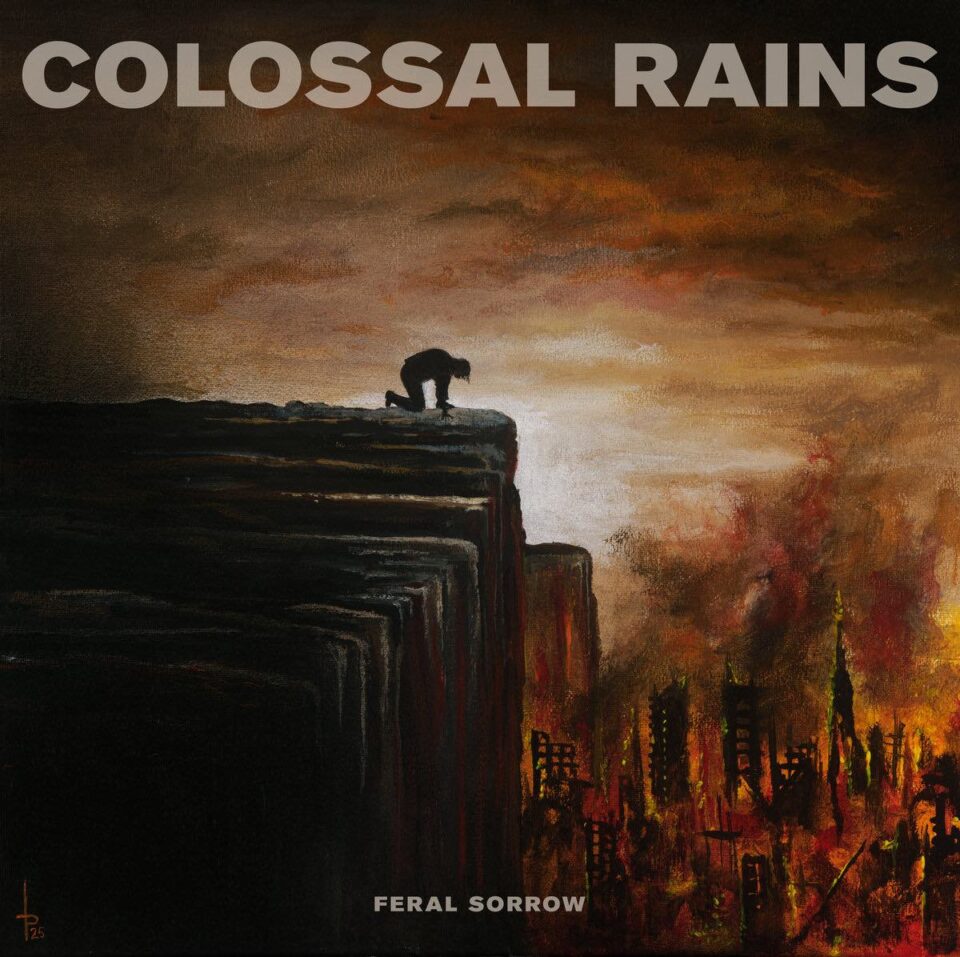Rolo Tomassi
Where Myth Becomes Memory
MNRK
ABOVE THE CURRENT
“Are you listening to your heart?” asks Eva Korman on “Almost Always,” the opening track on Rolo Tomassi’s sixth full-length. “What happens when it stops?” It’s a question that floats in space—or, rather, in absence. Her voice—beautiful, vulnerable, tender—is accompanied by the most minimal instrumentation that, in turn, seems to symbolize the slowing, if not the stopping altogether, of time. It’s a magical moment, one that pulls you into the expansive universe of this record and holds you there to watch galaxies explode in the past around you.
It’s an indication of how much the British five-piece—formed in 2005 in Sheffield by Korman and her brother James Spence—have evolved their sound over the last 17 years, but it also lulls you into a false sense of security. Because outside of this brief moment of blissful existentialism—as well as the gorgeous, post-rock soundscapes in that song which surround it—Rolo Tomassi also prove they can still be as brutal as ever. The first evidence of that occurs on the next song, “Cloaked,” on which Korman’s demonic, black metal–esque vocals bubble and blister over jagged, aggressive riffs. But within that track—and the eight that follow it—the balance between light and dark is both more pronounced and more nuanced than ever before.
At times in the past, the band’s quieter passages could feel lacking in terms of the passion they were trying to convey. Not here. Whether it’s the ominously whispered, quiet piano strains of “Mutual Ruin,” the music-box melody of “Stumbling,” or the gentle exhalations that punctuate the harsher, more extreme moments of closer “The End of Eternity,” the moments of quiet reflection here are all full of heart and soul, full of life and the sadness that so often consumes it. But that plaintive, contemplative mood is completely eviscerated by the aggressive nature of the louder moments, particularly the unrelenting sonic rage that dominates “Labyrinthine” and the frenetic, malevolent bursts of scorched noise in “Prescience.” The result is an album that captures the extremes of the human condition perfectly, one that lets you glimpse the wonder of life before tearing it all up and setting it on fire right in front of your eyes. Still, there’s plenty of warmth in those flames.







